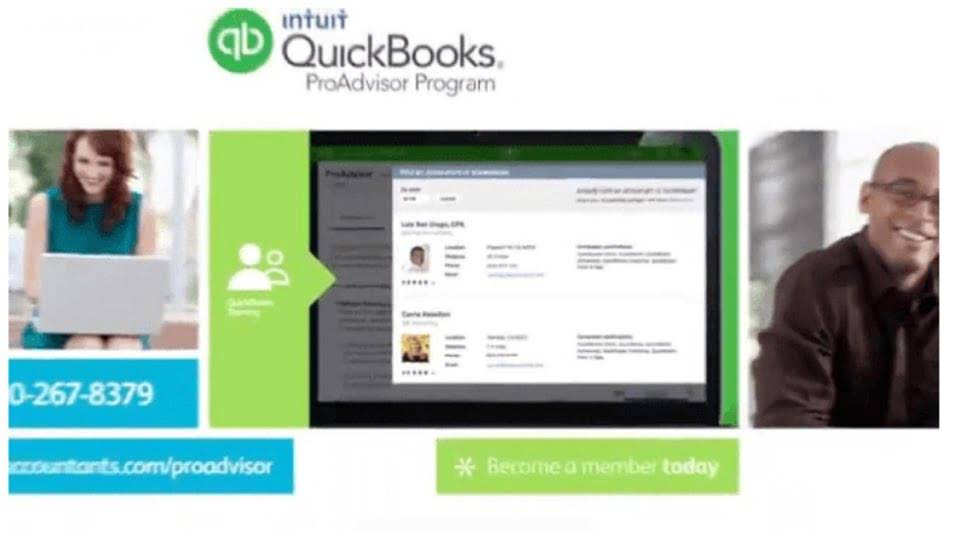
For instance, according to the Reserve Bank of India, in June 2018, the number of debit cardholders increased to 944.3 million in India. Moreover, increased competitive demands influence Legal E-Billing crucial investment choices for technology. Increasingly, internet retailers perceive technology as a significant distinction from the market. Large dealers invest in technical development programs to safer, simpler, and easier to perform online purchases.

We Want Your Feedback
- Additionally, PSPs don’t require the same kind of application and underwriting process that merchant account providers typically require.
- In greater detail, payment processing is performed by a payment processor, which collaborates with a payment service provider.
- In comparison, 5-star hotels in Manhattan for the coming weekend run from $400 a night to well over $1,000.
- Typically, these banks (merchant account providers) will impose a detailed vetting process before approving your account application.
- In addition, customers can increase the pace even more with Zone applications that centralize data and keep financial information all in one place.
- Through a PSP, businesses get access to a shared merchant account, which removes the need to apply for a dedicated merchant account.
With PSPs, all payment options are immediately available or added easily with a few clicks. Traditional merchant accounts often require additional setup or separate accounts to support various payment types. Helcim’s interchange plus pricing helps businesses save on their payment-processing costs by eliminating monthly fees and extended contracts. The catch is that the biggest savings will be realized by companies that process more than $1 million in credit card payments each month. That doesn’t mean smaller retailers won’t realize a drop in their payment processing expenses, though.
Improved Customer Experience

PSP Software and Hardware CostsMost payment service providers deliver a suite of integrated online and POS systems, card readers and checkout registers. These give businesses the tools they need to accept payments anywhere and streamline day-to-day operations. Payment processing fees vary among PSP services, but all PSP fees are based on the type of sale, not the brand or type of card used, unlike traditional merchant accounts. It enables businesses to accept payments via websites, mobile apps and in-person transactions. The company bookkeeping also offers features to protect businesses and their customers, including authentication to streamline user verification and tools for preventing, detecting and responding to fraud. Also a service of PayPal, Venmo is a mobile payment platform for users to digitally send money to one another and make purchases.
- Payment services providers (PSPs) let startups and small businesses accept a full range of payments anywhere they sell, including in-store, online and mobile locations.
- While 3DS enhances security by adding an extra layer of authentication, it’s not required outside these regions.
- Payment gateways are the online portals that securely collect and transmit cardholder data for payment authorization.
- Merchant accounts explored above are also provided by acquiring banks, and this is done because chargebacks are common in electronic transactions.
- So, they act swiftly to protect themselves anytime there is a risk of financial loss.
- They consolidate customer businesses into a single, large-scale merchant account, negotiating favorable processing rates based on their high transaction volumes.
Stripe Payments

Credit risks created by fraudulent activities are also the reason why most PSPs prohibit high-risk merchants from their platforms. Also, your PSP can help with currency conversions for international transactions if you have a global customer base. The acquiring bank will check with the customer’s issuing bank to confirm that the customer holds sufficient funds to complete the transaction. These tools can be provided for free, leased out, or sold at payment service provider a fixed cost, and they come with integrated software suites that help streamline day-to-day business operations. The customer begins the payment by submitting their details through a secure online portal, whether it’s an e-commerce site or a physical point-of-sale system.
Square pioneered mobile payments with the 2009 release of its card reader for mobile devices. Its payment processing options now cover online and remote payments in addition to in-person sales using a range of countertop and mobile devices. Square’s transaction fees are competitive considering the company doesn’t charge a monthly subscription fee. Retailers also benefit from Square’s free POS software that features inventory management and electronic invoicing.

- The following table breaks down some of the general characteristics of payment service providers vs. merchant accounts (although some outliers do exist in both categories).
- The other nice thing is that you typically don’t have to pay additional fees for payment security because PCI compliance is bundled into your account.
- The global payment processing solutions market report offers qualitative and quantitative insights on the product and a detailed analysis of market size & growth rate for all possible segments in the market.
- It’s easy to set up an account and integrates with hundreds of other business applications.
- The rising ubiquity of smart devices and the thriving retail industry in the markets is pushing real-time payments to take place rapidly.
In contrast, Merchant Account Providers offer dedicated accounts with more customization and potentially lower transaction fees for high-volume businesses. Acquiring banks are a core part of the payment processing process, and they are usually registered with credit card networks (Visa or American Express) so they can accept and route card payments through them. Both PSPs and merchant account providers help businesses accept and process payments. The provider works behind the scenes with acquiring banks, card networks, issuing banks, and other financial institutions to ensure the seamless transfer of funds between buyers and merchants. The dominance of cashless commerce means only businesses that ensure the seamless processing of in-store and online credit and debit card payments will remain competitive. Both PSPs and merchant account providers enable businesses to accept payments but differ in functionality.